August 29, 2024
Dear Senators and Representatives,
I am writing to oppose Grain Belt Express, which is operated by Invenergy Transmission LLC. GBE would be a merchant transmission line used to carry power generated by wind farms in Kansas through Missouri and Illinois to a connector in Western Indiana. From there, the power would be transmitted to grids in the Northeast.
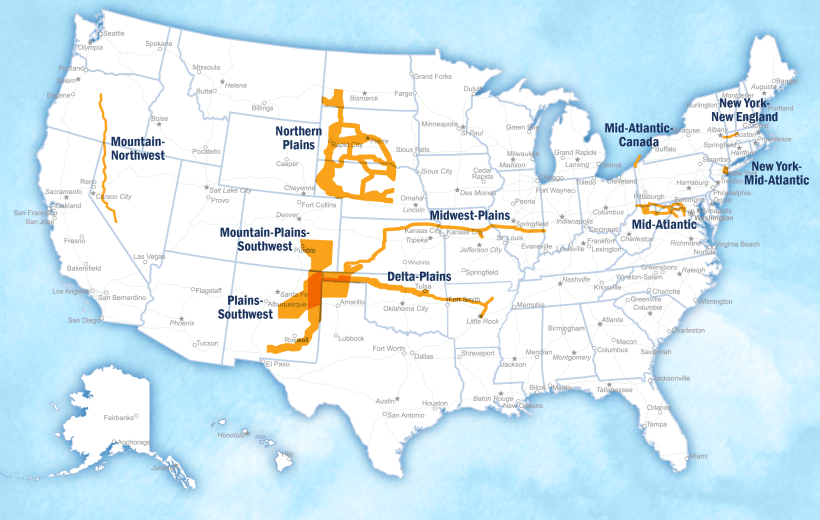
This project was proposed in 2009 by Clean Line Energy Partners. It has been unable to begin construction, leaving Midwest residents in limbo for fifteen years as Invenergy nevertheless appropriates land through Eminent Domain. My property, which serves the Intellectually and Developmentally Disabled population, has been condemned without a proper examination of my services or clients. My status as a healthcare provider has been ignored.
Video – The biggest land grab in American history
My concern goes far beyond what is happening to my own property, however. Grain Belt Express continues to encounter resistance because Invenergy has failed to meet state and federal criteria mandated for its construction. For the reasons stated below, I therefore request that GBE be halted while your committee and federal regulatory agencies investigate the project and examine the real possibility that the project will never be started and/or reach completion. Furthermore, I ask that you halt attempts by Invenergy to invoke Eminent Domain or enforce condemnation until its status is finally settled.
- The Midwest Independent System Operator (MISO) has excluded GBE energy from its grid (its Long-Range Transmission Plan), stating that it does not regard GBE as a merchant transmission line capable of delivering affordable electricity. MISO studies indicate that GBE rates would be higher.
- No company will be forced to use GBE energy because of its merchant line status. GBE was one of five lines proposed by Clean Line, which went bankrupt because utilities declined its renewable energy. There is no guarantee that other grid operators in the Northeast will opt in to receive GBE power.

- In 2018, the Illinois State Supreme Court affirmed a federal appellate decision that Grain Belt Express did not deserve the status of a public utility because it would not operate for the public good.
- On August 16, 2024, a federal appellate court in Illinois revoked the license for Grain Belt Express, citing that it had no customers or financing. This shuts down Phase II of GBE’s planned construction through Missouri and Illinois, invalidating its charter.
- Invenergy was to begin construction in Kansas in August of 2024—fall at the latest. This would have violated the National Environmental Protection Act, which mandates that an Environmental Impact Study be concluded and studied. The EIS was not expected to be finished until December 2024 or the beginning of 2025.
- Invenergy continues to invoke Eminent Domain and enforce condemnation even though it has failed to finalize financing for the project. Funding is contingent upon a $7 billion loan from the Department of Energy, the conditions of which have not been satisfied.
- Because it cannot satisfy loan requirements, Grain Belt Express has sought extensions on its Certificate of Convenience with Kansas, Missouri, and Illinois. Sunset Provisions were provided to allow time to secure financing, but after six years, Invenergy has been unable to do so.
- Grain Belt Express has until December 4, 2024 to obtain the Certificate of Convenience in Kansas. Otherwise, it must reapply for the certificate. If it fails, it may be forced to release properties from Eminent Domain agreements and have condemnations rescinded. A new line siting would be required, pushing back the project many years.
- Both phases of the project are in jeopardy. If Phase II cannot be constructed, then Phase I would represent “a line to nowhere” at taxpayer expense.
- The company has failed to engage in good faith negotiations with landowners. While company websites claim that it will avoid Eminent Domain when special circumstances are present, this has not been the case. The original siting did not know my business existed, and I was given false information regarding construction dates, timelines, and laws governing the project.
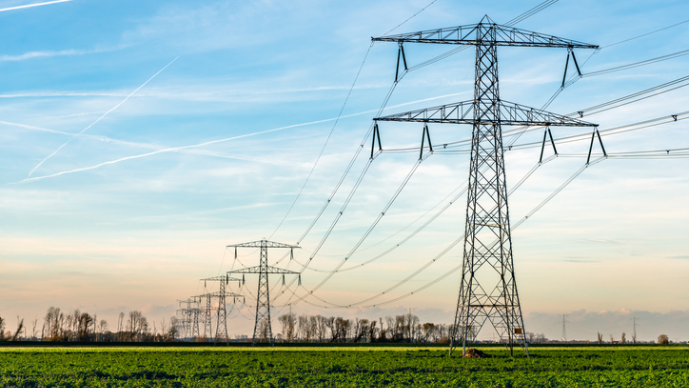
- In letters to me which I will gladly furnish, Polsinelli Law (Invenergy’s legal counsel) stated that the EIS was not necessary to begin construction. It alleged that the EIS is merely an ongoing process used to procure funding from the DOE. This is false.
- The DOE will have the right to overturn state denial of permits for future transmission projects in the newly-designated Midwest-Plains energy corridor.
- The Department of Energy announced in July, 2024 that it will give $371 million to “renewable energy advocates” for long-range transmission projects in order to procure customers for the merchant lines. This is not a taxpayer obligation.
Grain Belt Express may never be built. If it is, the timeline for GBE has been pushed to an indefinite future timeframe. Must property owners continue to endure Eminent Domain abuse for a project mired in numerous legal and regulatory entanglements?
The project must be halted so that a study can be made of Invenergy’s behavior and the chances of GBE’s success. Must those in the Midwest forfeit their lives and properties for another fifteen years while issues are litigated and new lines are approved by the DOE without specifics regarding geographic location, permitting, financing, or viability?
Respectfully,
Tammy Hammond
Founder and CEO, Rosewood Services
CC: Sen. Josh Hawley
Sen. Roger Marshall
Sen. Jerry Moran
Rep. Tracey Mann
United States Committee on Energy and Natural Resources
Sen. Joe Manchin, Chairman
Sen. John Barrasso, Ranking Member
Gov. Laura Kelly
Lt. Gov. David Toland
Kansas State Senators
Kansas State Representatives

Tammy Hammond – stopeminentdomainabuse.org
Tammy Hammond is a small business owner, author and property rights activist in Great Bend, Kansas.

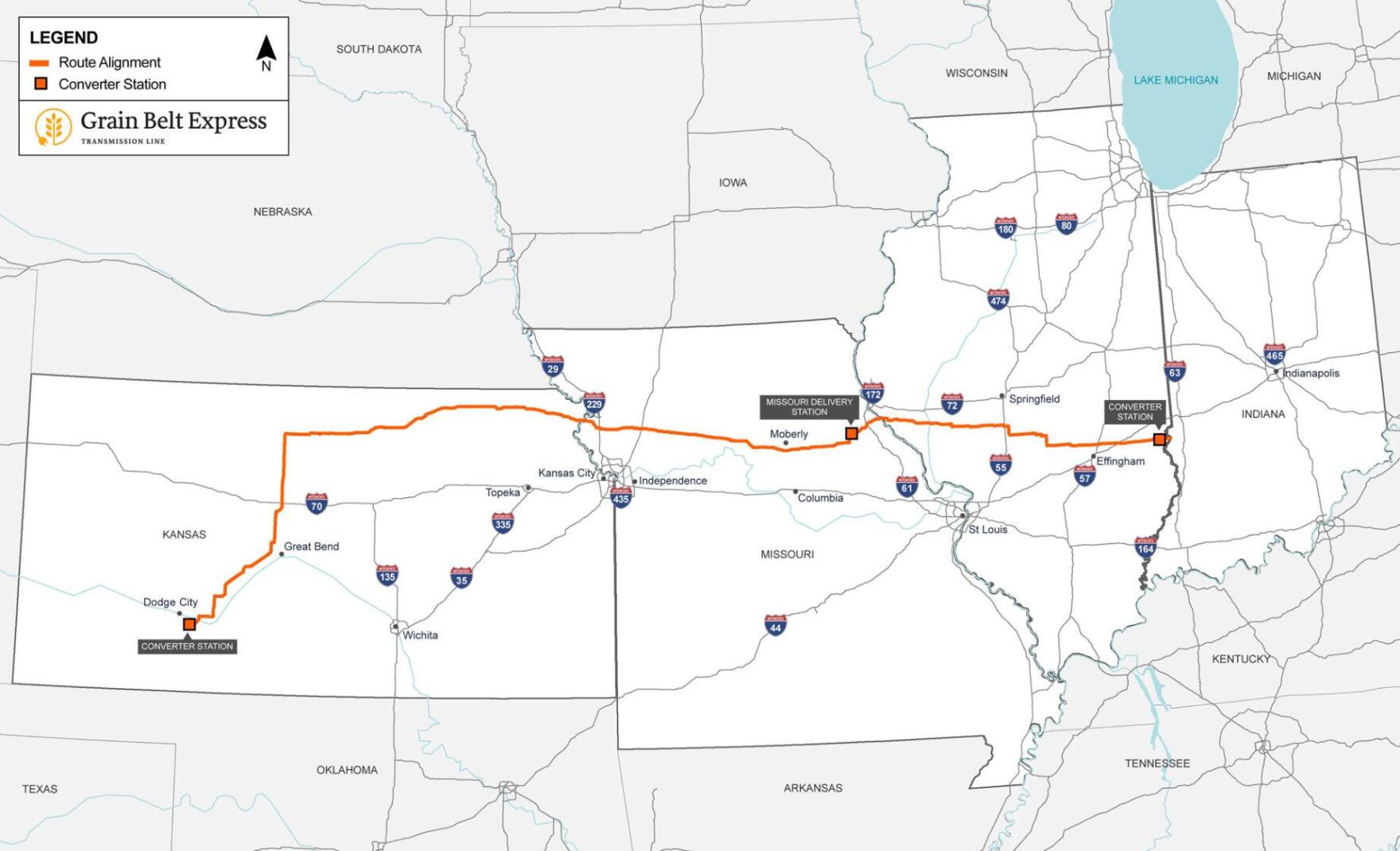
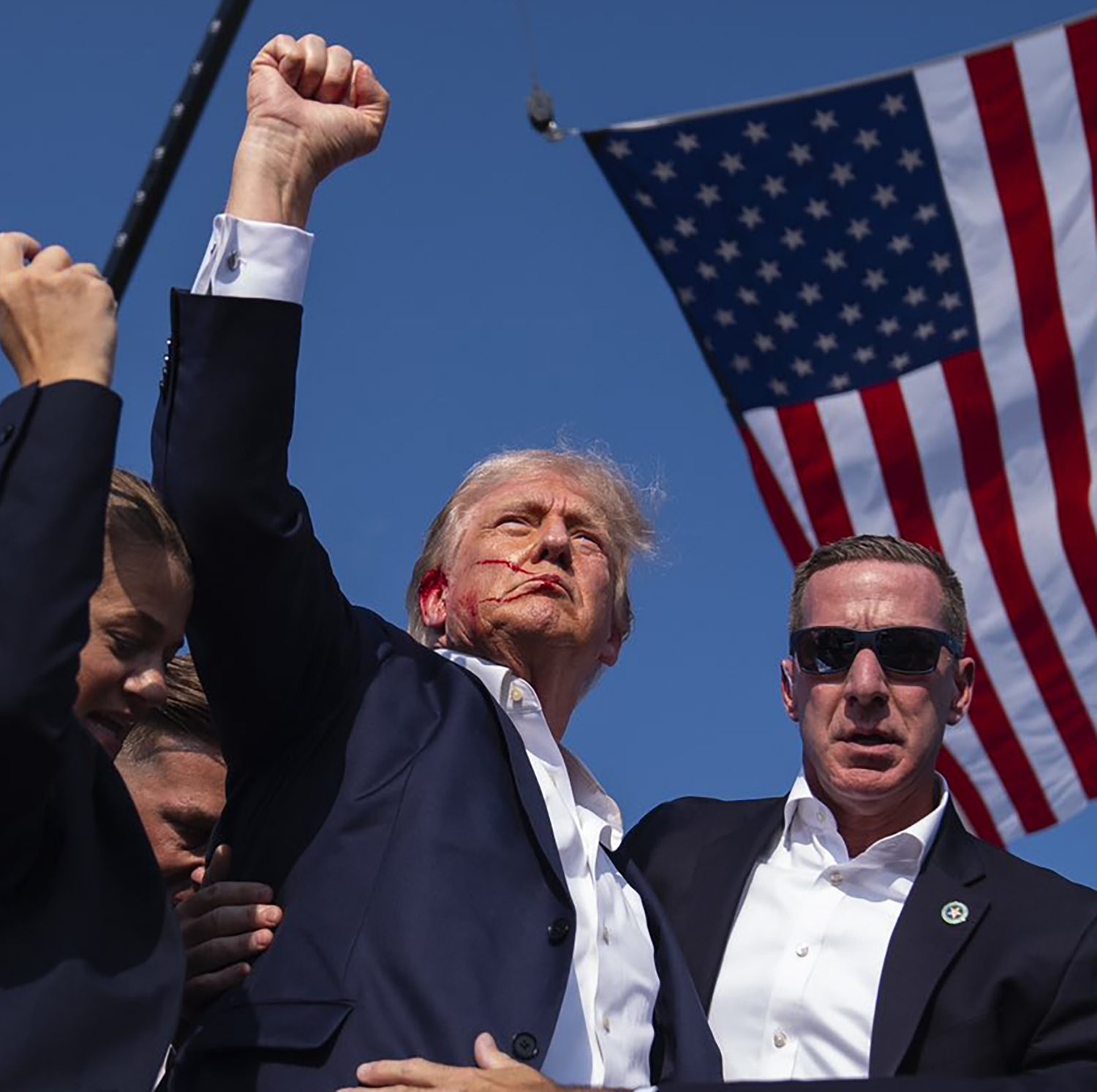

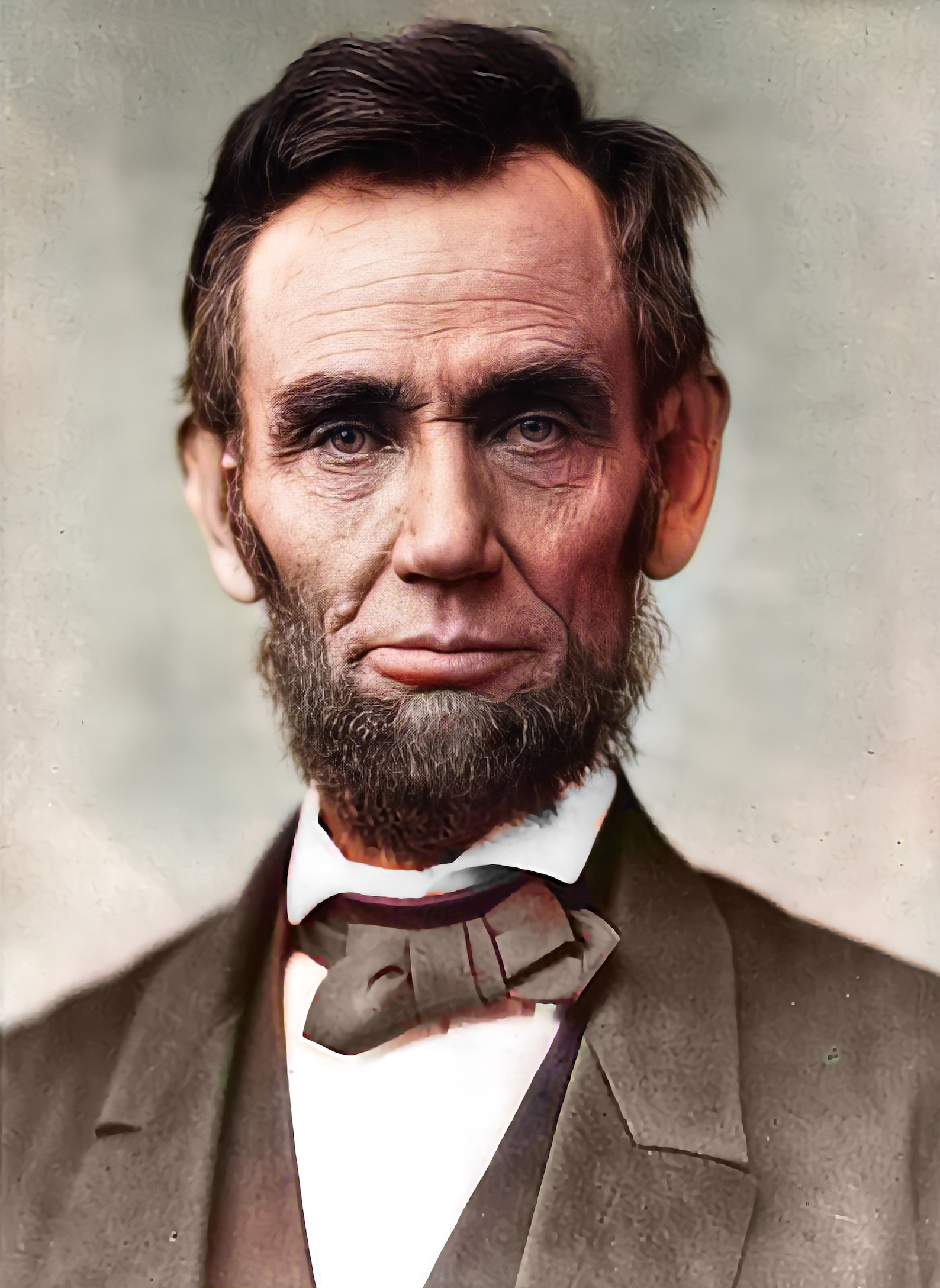
Utah vs. United States is an original jurisdiction case that I recently heard about on Wallbuilders.show. Ken Ivory of Utah was the one who explained the fascinating history behind this landmark case. The first “Great Compromise” to get the colony of Maryland on board the Articles of Confederation (and bring France in on our side) was that the “landed” colonies cede their western claims for war debt payment only. There are other stipulations in both Art of Confed and the Constit, NW Ordinance, etc about the land and how it was to be treated. Our ignorance has allowed the USA to deal with the land in unconstitutional ways. See the show; I don’t remember all the details.